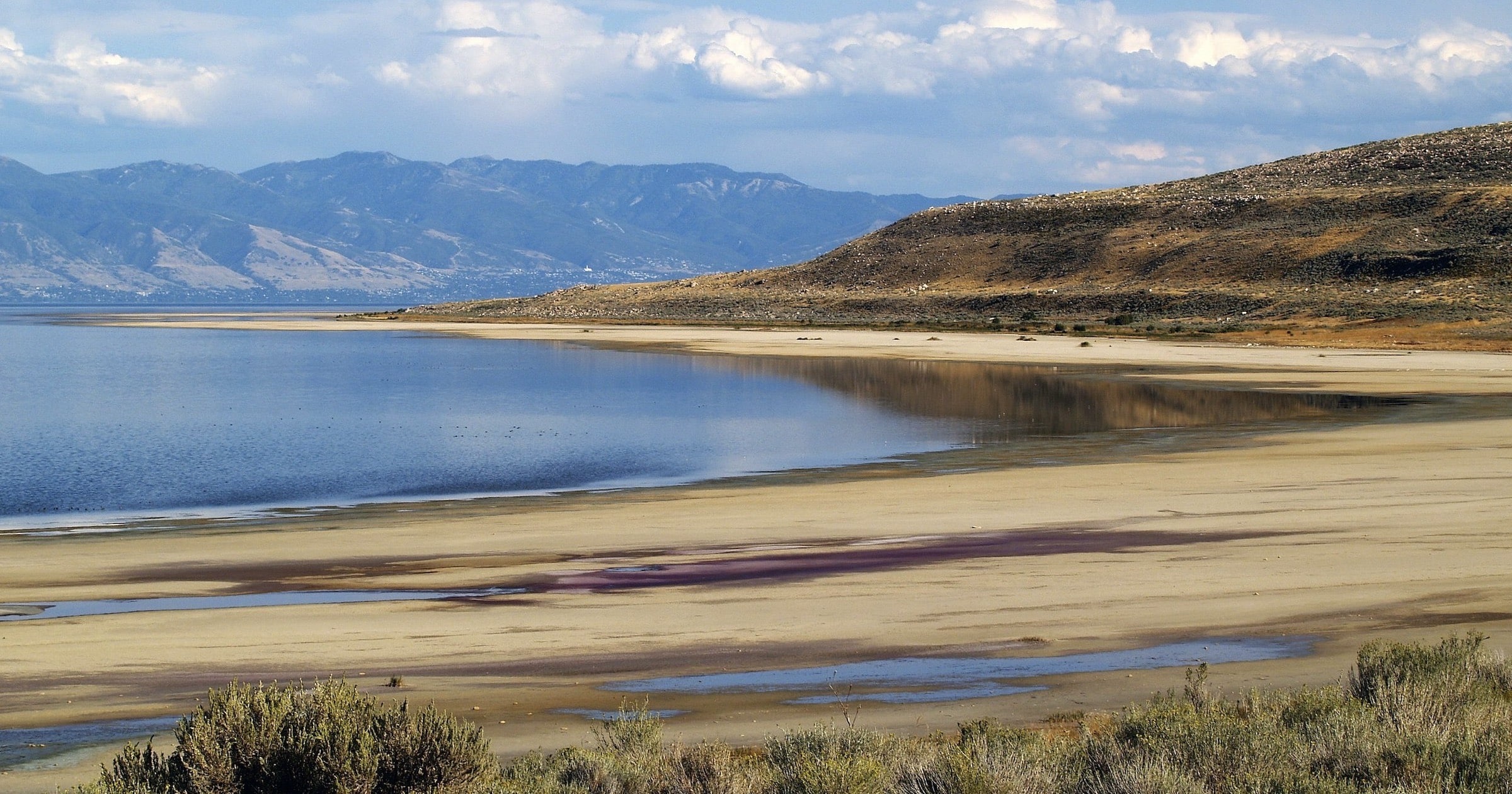 Culture & Ethics
Culture & Ethics
 Life Sciences
Life Sciences
Utah Versus Nature Rights

A bit ago, I warned that environmental radicals were pushing to grant rights to the Great Salt Lake. Thankfully, legislators noticed and passed a bill prohibiting granting rights to any non-human aspects of nature. From H.B. 0249:
63G-31-102. Legal personhood restricted.
Notwithstanding any other provision of law, a governmental entity may not grant legal personhood to, nor recognize legal personhood in:
(1) artificial intelligence;
(2) an inanimate object;
(3) a body of water;
(4) land;
(5) real property;
(6) atmospheric gases;
(7) an astronomical object;
(8) weather;
(9) a plant;
(10) a nonhuman animal; or
(11) any other member of a taxonomic domain that is not a human being.
There has been advocacy among environmentalists to grant rights to nature broadly understood and to each of these identified categories, hence the need for a detailed list. It is also worth noting that rivers, glaciers, and a few individual animals have been granted rights around the world. More than 30 municipalities in the U.S. have also granted rights to nature, including Santa Monica, a city so developed that there is little nature left other than the mackerel swimming under the pier.
I would have added a provision denying legal standing in court to each of the identified categories. But why quibble?
Why Not Rivers?
And for those who will say, “Corporations have rights, why not rivers?” — an argument I hear every time I write about this subject — corporations, partnerships, and etc. are human juridical entities and associations, and granting those organizations rights is deemed necessary for ease of conducting business. Whether that should be the law is a discussion worth having, but has no association with granting rights to pond scum and granite outcroppings.
None of this means that regulations and laws protecting nature can’t be enacted, of course. Indeed, it is our obligation as humans to benefit from the earth’s bounties in responsible ways. But nature rights would stifle our ability to thrive and shrivel the principle of human rights in the way that inflation strips value from currency.
Let’s put this radical movement out of business once and for all. Utah is the fourth state — the others are Ohio, Florida, and Idaho — restricting rights to the human realm where they belong. Congress should pass similar legislation, as should the 46 remaining states. International accords should also ban rights for nature, but that might prove more difficult given the increasingly radical nature of the environmental movement.
Cross-posted at National Review.
